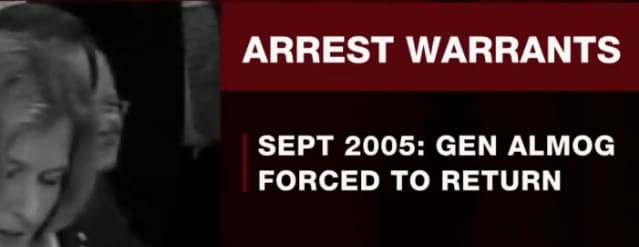Parliament in London has published legislation that would require approval from the Director of Prosecutions before a judge could issues a warrant against an alleged war criminal. Predictably enough, the move comes in reaction to pressure from the Israeli government after UK lawyers had sought warrants for the arrest of visiting Israel politicians and military commanders for their involvement in alleged war crimes in the occupied Palestinian territories.
Inside Story on Al Jazeera English asked LoR’s Mark Taylor to join the debate.
httpv://www.youtube.com/watch?v=wNqJUmFITFQ
As one friend of LoR pointed out, what Mark forgot to say is that universal jurisdiction is in fact an obligation for those states signed up to the Geneva Convention.
The U.K. governments move to amend it’s law governing UJ for war crimes is a predicable backlash against the UK lawyers who have sought warrants against Israeli politicians. Even though UJ may be long-standing in the UK, and the House of Lords may still push back against the attempt to reform the law, the fact is that trying to prosecute politicians is not a good way to set precedents. It is asking a lot from any legal system to take on politicians, let alone foreign ones, and the UJ law is simply not mature enough to withstand resistance from those in power. The UK political class could have been expected to close ranks behind their Israeli counterparts. A better strategy would have been to stick to targets like foreign colonels and generals, people their own politicians are more likely to hang out to dry (in exchange for the right kind of international relations). Once those cases have been shown to be successful, then the political class is a far more viable target. Still, kind of satisfying to think that military and political commanders are increasingly facing travel restrictions for fear of detention in far off jurisdictions.
Sri Lanka anyone?
